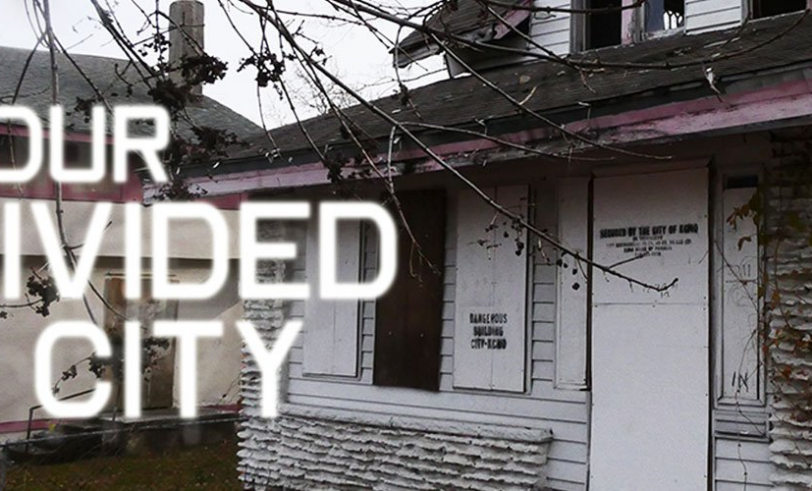Policy Choices and “Our Divided City”

In a recent documentary, "Our Divided City," KCPT's Michael Price goes to great length to detail the many problems facing Kansas City's urban core. Those problems include crime, blight, and a lack of basic city services. Regarding the economic incentives to developers that go mostly to the wealthy parts of town, something Show-Me discussed in an essay, Mayor Sly James says, [remarks begin at 47:41]
I spend a lot of time talking to developers and I spend a lot of time talking to developers trying to get them to build east of Troost [Avenue]. If they don't want to do it, you can incentivize them all day long. What they look at is, "How do I get a return on investment?"
Developers can't be faulted for wanting to earn a buck, and investment on the east side of town can carry additional risks. That is exactly why governments adopted tax increment financing, or TIF, to alleviate some fo the risk that investors face. But that policy is made meaningless if everyone gets TIF, and if they get it in the nice parts of town. Of course a developer would not take on a large risk developing east of Troost when the city will subsidize a low-risk development west of Troost. The solution is to stop incentivizing the wealthy western part of the city, and save incentives for where they were actually intended.
Later in the film, Mayor James gets defensive when asked if it isn't time to take action. He says, [53:17]
Everybody says action. Nobody has an answer. If anybody had an answer to that question you don't think it would already be being used? You know, people seem to think that this is somehow a political issue. This is a citywide societal problem and the city and society has to address it; not just people in public office. That's crazy. If that were the case it would have been done by now. Certainly I would have done it by now if I had that power and authority but I don't even have the authority to keep guns out of the hands of 19 year olds.
Certainly the Mayor is correct that the problems faced in Kansas City are not unique to us. These problems plague urban areas all over the country, and they indeed stem from significant systemic issues of poverty, education, and racism. But that is not to say that the Mayor has no "power or authority," or that expecting political solutions from our political leaders is "crazy." It is not.
The Mayor does have the "power and authority," for example, to tear down the 875 vacant and "dangerous" homes that litter the east side as featured in the documentary. He has the "power and authority" to beef up spending on code enforcement. Instead, he and the City Council have chosen policies that spend money on downtown streetcars and luxury apartments and hotels.
Frankly, if anyone lacks "power and authority," it is the people on the east side of town who can't afford to hire the high-priced development attorneys needed to get the ear of policymakers.

